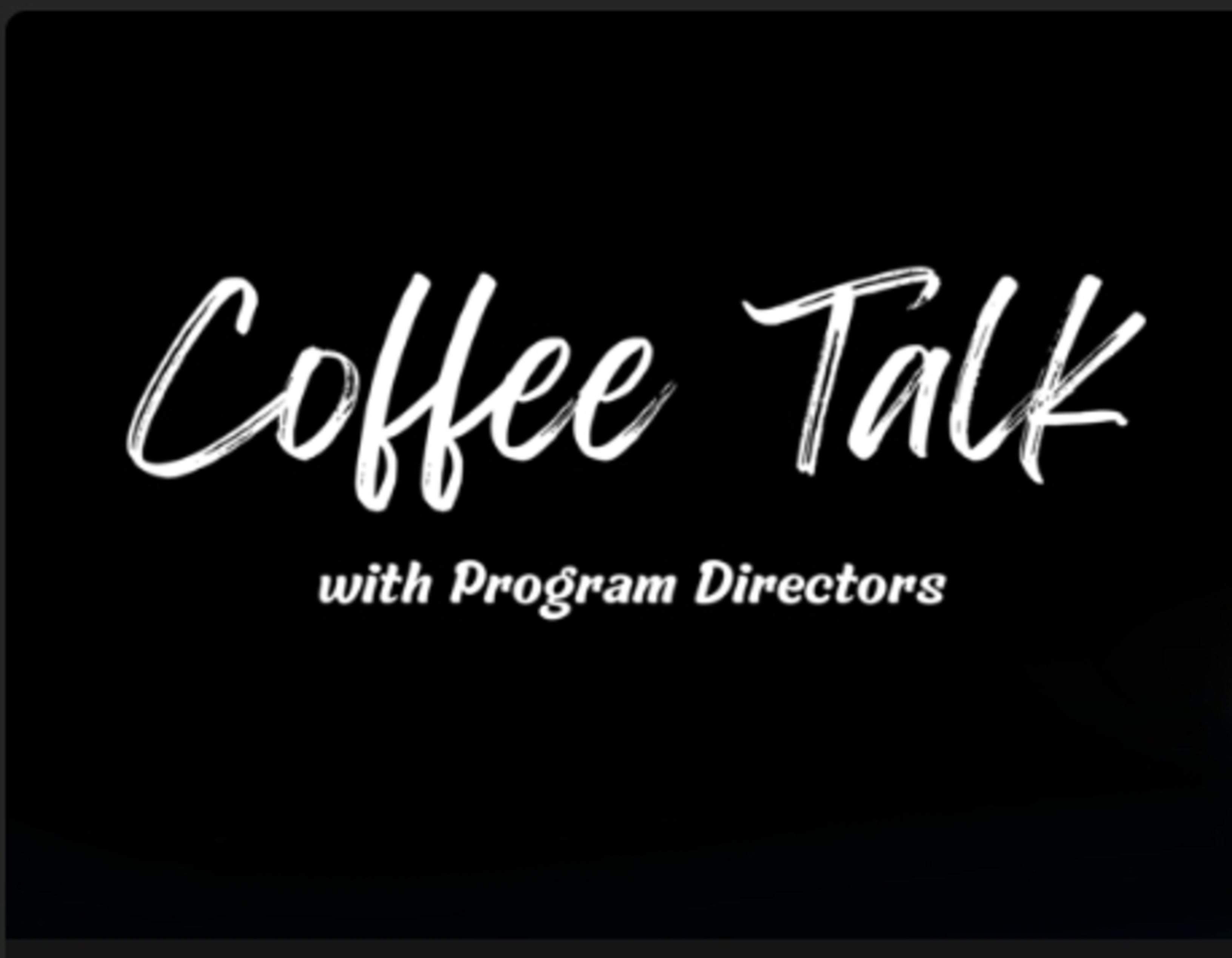Twitter users have been facing a lot of issues over the past few months, but things got even worse last…
be careful guys with META, they can mess things up
https://fabulous.systems/posts/2023/06/meta-is-a-danger-to-the-fediverse/
https://fediversereport.com/meta-plans-on-joining-the-fediverse-the-responses/
Great articles! I was excited but now not so much :/
The vultures are circling.
The fediverse needs central planning otherwise the corpos just going to take it over via providing stable and fast infra for free.
Even a centralised planning organisation can only do so much against money and exploitation here. We’ve seen this already with the W3C and various companies dominating planning and uptake of web standards.
I’m of the opinion that prevention measures needs to be built into the system, but I dont know what form that might take.
Meta has Facebook, Instagram, WhatsApp, VR market, and now a Twitter alternative that wants access to the fediverse. All while they’re in the business of mass surveillance and data collection. So many people and businesses rely solely on Facebook and don’t really seem to care about any ramifications at all. I’m really bothered by it.
Boooooo, Meta/Facebook, boooooo
Facebook has the infrastructure to pull this off, it’s just a question of whether or not people will go for it.
I didn’t realize it was going to be ActivityPub based. I see a lot of uncertainty here. What effect can Meta do to the Fediverse? Interesting to see how this plays out.
Imagine the fediverse is a big city, like New York or Tokyo, and every service is a neighbourhood inside that city. Meta’s Threads is another new neighbourhood.
Can that new neighbourhood affect the whole city? Being a big city, I don’t think so, in the same way Shibuya or Wall Street can’t affect the whole Tokyo or New York.
Can that new neighbourhood affect the bordering neighbourhoods? Absolutely, it would be disingenuous to state the opposite.
So, the fediverse will stay safe. But about Mastodon, Misskey, Pleroma… I don’t know. It depends.
I guess a lot depends on how many of Facebook/Instagram’s users sign up for Threads, but it’s pretty likely to be exactly the opposite scenario…
The fediverse is a small, friendly, relatively peaceful country town, and it’s about to be directly connected to Tokyo or New York.
Which do you think is going to end up having more of an impact on the other?
Elon will end up screwing Twitter it seems.
No word on if it’ll launch federated?
I can’t see a large corporation wanting anything to do with the fediverse, they want their own playing field they can fully control to their liking.
Edit: just saw that their app is ActivityPub based. Sooo I guess they are joining the fediverse? Really not happy about this, the last thing we need here is some soulless corporation infecting our growing community.
They want to do the same thing Google did with Jabber/XMPP. Microsoft’s: Embrace, Extend, Extinguish.
Google with their Google Talk did exactly that. They introduced their own instant messaging. Mamy XMPP users (including myself) convinced friends to join Google Talk. Once it picked up they first broke communication (it only worked one way, you could see GT people online, you could see them messaging you, but your messages never arrived) eventually they defederated completly. I still feel being used.
Facebook knows that it is tough to bootstrap community when there are no users in it, and they want to do exact same thing.
This is exactly it, and now what I’m afraid of since they are looking at the fediverse.
I think it will be both. Accounts created with Threads will have their own walled garden but will have the option of interacting with other fediverse communities.
There is a very real possibility that it will be designed in such a way that it’s initially federated, but will slowly get to a point where they can see mastodon posts but mastodon can’t see their posts. (Adding non-activitypub features and standards) All the benefit of having an already active userbase with none of the work for organic growth, and none of the downsides of competition in the long term.












